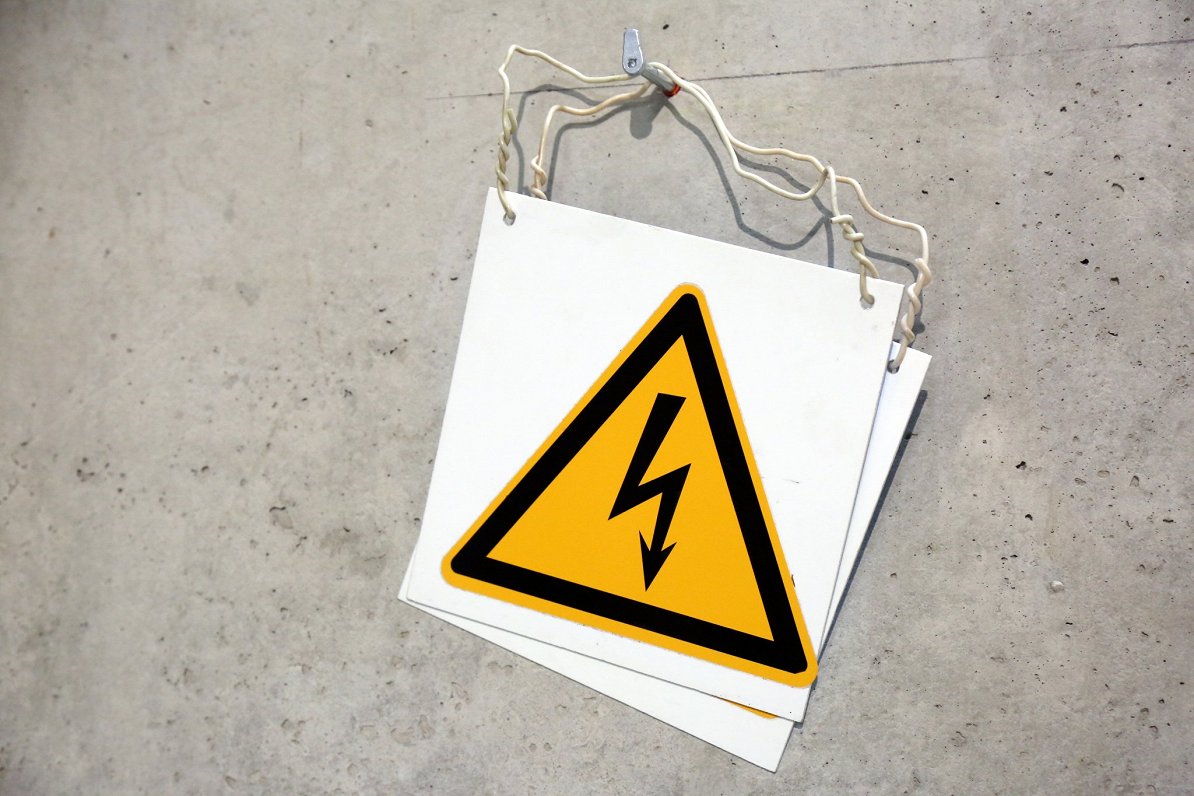Wherever we go and whatever we do, we have energy all around us which can be turned into electricity. For example, if we move or rub different objects together, we can obtain very small impulses of power. Andris Šutka, Rīga Technical University scientist, has studied materials of piezoelectric polymers in which electricity is generated by mechanical action.
So far, it was considered that such piezoelectric materials could produce a relatively high dose of energy by being stretched, folded or squeezed, said Šutka.
“We conducted a series of studies and showed that many measurements in current literature are flawed. In cooperation with the University of Melbourne in Australia, we showed how these measurements should be correctly carried out,” Andris Šutka explained.
The studies found that in fact, a smaller amount of energy is obtained on these polymers than is commonly thought.
In future, scientists and engineers around the world will have more accurate information and methods for measuring, which in turn will result in better use of such materials.
There is currently a world-wide “restart” on piezoelectric materials, reviewing all measurements used and results obtained so far. The beginning of this restart is found in Latvia.





























